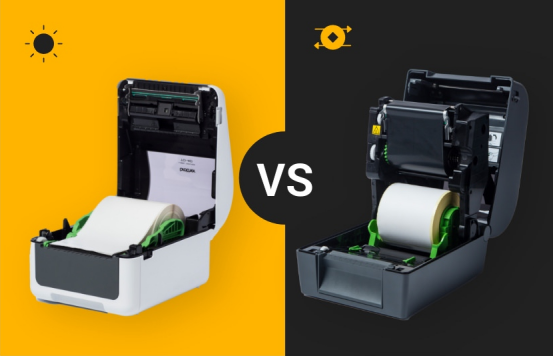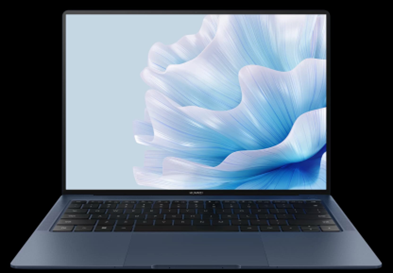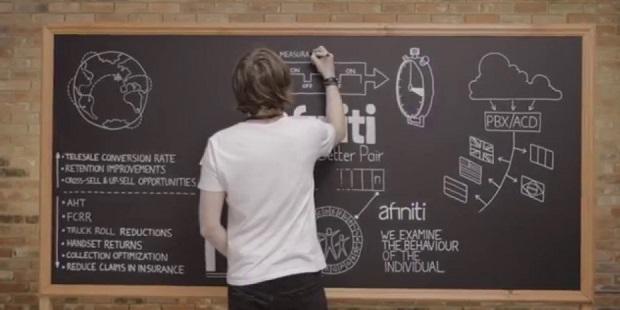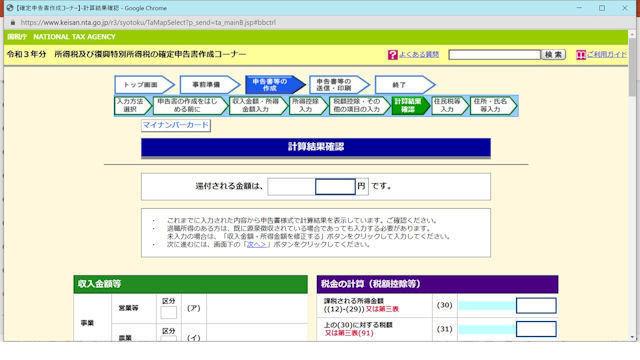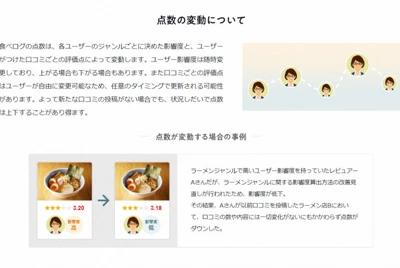Amazing effect of doctor-recommended "self-monitoring notebook". “Metacognition” can help you calm down
I was nervous and made a big mistake in my presentation. Anxious and confused. I was annoyed and made a mistake. If I had regretted my failure, I would have made a bigger mistake...
Sometimes we get swayed by our emotions and make things worse. If you have such an experience and want to control your emotions, I recommend the "self-monitoring notebook". I tried it too.
Effects of "monitoring"
Monitoring is monitoring and observation records. Mark Bernstein, a neurosurgeon living in Toronto, monitored his own and his team members' mistakes during surgery for 10 years and created a database. That's right.
Earlic Voser, a senior fellow at the Center for American Progress, who describes this case in his book, says the benefit of monitoring is "increased awareness of your own performance." I'm telling you.
For example, figure skating figure skater Yuzuru Hanyu, who is proud of Japan, keeps a practice diary called "Invention Notebook" every day. It is said that he records things that come to mind, things that come to mind, good things, bad things, questions, etc.
According to Hiroyuki Horino, a professor at Waseda University's Faculty of Sports Sciences, the psychological effect of such recording is that it makes it difficult to forget important matters, and objectively analyzes what has been written and sets new goals. It seems that it is to be freed from clinging to what you can do and what you care about.
It can be said that this "invention notebook" habit is Hanyu's self-monitoring activity, and its effect is reflected in Hanyu's achievements.
About "metacognitive skills"
In addition, according to Yuko Yotsumoto, an associate professor at the Graduate School of Arts and Sciences, the University of Tokyo, self-monitoring is the most important part of "metacognition." (From Brain Science Dictionary).
Metacognition is the objective analysis and adjustment of one's own thoughts, behavior, and emotions, as if another person were looking at them from a different perspective. Metacognitive skills are said to be performed while comparing this activity with one's own strengths and weaknesses. According to "Kaonavi Personnel Glossary", metacognitive skills are
It is said that it consists of two steps such as. It is said that they objectively observe and recognize their own condition, and based on that recognition, they control their emotions and take action toward improvement. Monitoring is essential for controlling emotions.

The Metacognitive Steps
Let's take a concrete look at the metacognitive skill steps. I will refer to "Mental Strengthening Lectures (University Entrance Examination Path Navi)" and "Kaonavi Personnel Glossary" by Mr. Takayoshi Yoshida, a medical doctor, psychosomatic physician, and director of Hongo Akamonmae Clinic.
Let's say you feel more nervous than usual before a presentation. In the first step, you objectively observe yourself (as another self) and confirm what kind of state you are in.
At that time, don't turn your back on your negative state, saying, "I'm not nervous. I'm fine." This is because you cannot make adjustments without acknowledging the current situation. According to Mr. Yoshida, negative emotions grow on their own.
Next, we control our emotions based on what we have recognized through metacognitive monitoring.
As before, if you recognize that you are nervous before a presentation, you can try to improve yourself by saying, ``Let's cool down the brain with a wet handkerchief and put it around your neck,'' or ``Let's take a deep breath and calm down.'' Encourage yourself to take action.
And Mr. Yoshida recommends mental notes to make this step smoother.
Writing down your emotions helps
According to Mr. Yoshida, the emotions generated in the brain's limbic system are in a vague state. As it is, the prefrontal cortex of the brain cannot recognize emotions properly and respond appropriately.
According to the "Active Brain CLUB" operated by Tohoku University and Hitachi High-Tech's Brain Science Company, the prefrontal cortex is "responsible for thinking, memory, application, concentration, motivation, and control of behavior and emotions." . In other words, once you write down your emotions in a notebook and “verbalize” them, the contours of your emotions will naturally become clearer, making it easier to recognize the prefrontal cortex, which is essential for emotional control.
According to Mr. Yoshida, if you look back at this notebook when you are feeling calm, you will feel that the contents written are trivial, and you will feel a sense of security and confidence.
Taking Mental Notes
Based on what I've learned so far, I also tried keeping a "self-monitoring note." As Mr. Yoshida advised, when negative emotions such as anxiety, dissatisfaction, frustration, disgust, and regret arise, I will write all the time. Write the date so that when you review it later, it will be easier to remember "I felt like this".
The purpose is to make the prefrontal cortex of the brain recognize one's emotions, so I wrote freely and expressively.
What I felt while writing was that just by writing down small negative emotions, they faded away.
While writing with tsukkomi and scribbles by myself, the unpleasant feelings that were born at that time will go somewhere. The “self-monitoring notebook (mental notebook)” itself may be the “calm switch”.
The moment you say, "What should I do? I don't want it anymore," try writing down your feelings on a notepad, notebook, or even on your smartphone. Calm down, realize what you can do, and get out of the spiral of negative thinking.
***Introduced the “self-monitoring notebook” that enables you to control your emotions. Please feel free to try!
(Reference) Written by Erlich Voser, Translated by Maki Tsukiya (2018), "Learn Better: 6 steps to change the way you use your brain and deepen your learning", Eiji Publishing. 6th period] Metacognition-Education to monitor and control oneself × WASEDA ONLINE | Sports: Opinion | Yuzuru Hanyu's secret to strength What is "Invention Notebook"? ~ Effects of mental methods practiced by top athletes Kaonavi Personnel Glossary | [What is Meta? ] What is metacognition? Meaning, two ways to train, specific business examples, etc. Active Brain CLUB | "Prefrontal cortex" is important for living like a human Brain Science Dictionary | Metacognition
[Writer Profile] STUDY HACKER Editorial Department "STUDY HACKER" is a study method hacking media that thinks about future learning. Based on the concept of "STUDY SMART", since the site opened in 2014, it has been used for studying and working, such as efficient study methods / memorable note-taking techniques / learning techniques based on brain science / reading skills for learning / writing skills / thinking methods, etc. It introduces many hints for rationally acquiring the knowledge and skills necessary for Operated by Study Hacker Co., Ltd., which operates an English personal gym “StudyHacker ENGLISH COMPANY”.
 notebook-laptop
notebook-laptop